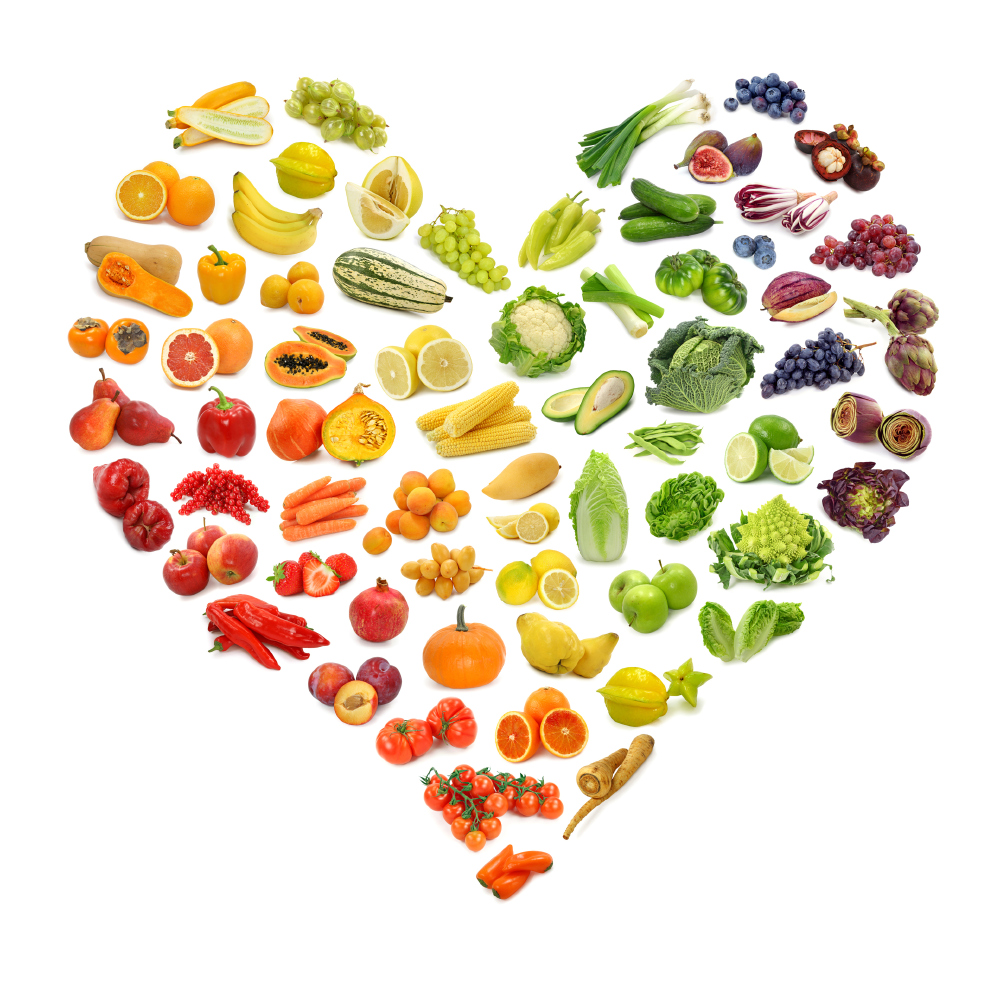
Do you know what sort of nutrition you need in winter?
It would seem that Brits are in the dark about winter nutrition as 10% believe that wine can provide the recommended amount of nutrients - sadly this isn't the case.
The winter months certainly have an affect upon our health, as the survey found that we're more likely to stay at home, struggle to get from under the duvet, eat more comfort food and exercise less.
Not only this, but the research by Florida grapefruit, also shows that 80% of the nation believes that pasta, potatoes or bread provide us with all the vitamins we should be getting.
The data shows that nearly 60% of people in fact claim they pay more attention to their health and wellbeing over the winter months than at any other time of year. However, it would appear that us Brits are clueless when it comes to knowing just how to do this.
The research reveals that only 5% of us eat the right amounts of fruit and vegetables during the winter months, compared to 53% in the summer, and 84% of us are less likely to consume our recommended five portions of fruit and vegetables a day when the cold kicks in.
Renowned nutritionist, Juliette Kellow, says: “This research confirms that we tend to eat less fruit and vegetables in the winter months, making it even harder for us to get the recommended 5-a-day, and in turn affecting our intake of certain vitamins and overall wellbeing. Adding ‘sunshine-drenched’ foods such as Florida grapefruit to our diet is a great choice for meeting recommended levels of vitamin C daily – and helping to give us a taste of summer during the dark, cold days of winter.
“Throughout the winter, it’s especially important for us to support a healthy immune system, the body’s natural mechanism to resist illnesses. Vitamin C, which is found in in citrus fruits, can help support a healthy immune system and has the added benefit of helping to reducing tiredness and fatigue.”
The gloomy British weather can also lead to a well-known and proven condition – SAD (Seasonal Affective Disorder). With almost 10% of people saying they’ve bought a SAD lamp to help make them feel better in the winter, the condition is on the increase.
Getting more sleep and going on holiday are other tried and tested winter-gloom busters, however, over a third of the nation have never tried anything to combat the winter blues.
Juliette Kellow’s Top Tips on beating the winter gloom:
1. Consume recommended vitamin C levels daily
It’s a myth that large doses of vitamin C stop you getting coughs and colds. But making sure you get enough nutrients in your diet, such as vitamin C, is important to help support your immune system not only in winter, but all year long Vitamin C isn’t just important for the normal functioning of the immune system. It also may help contribute to the reduction of tiredness and fatigue.
2. Fill your kitchen with sun-drenched foods
Nothing will remind you more of summer than filling your kitchen with ingredients that typically need lots of sunshine to grow.
3. Get griddling and grilling
Barbecues are a favourite pastime in the UK, with families holding increasing numbers every year. Griddling and grilling are healthy ways to cook food, whatever time of year. Bring that summery barbecue feeling into your kitchen – and onto your dining table.
4. Make meals lighter
We tend to eat more in the colder months, particularly more carbs. Our calorie intake also increases, making us more prone to weight gain. When the weather is cold and miserable, many of us fill up on carb-loaded comfort foods, whereas in the summer we’re far more likely to eat salads and fruit! Eating more like you would in the warmer weather will help to bring back that summer feeling.
5. Eat more foods rich in the sunshine vitamin
Our bodies make vitamin D when skin is exposed to sunlight. In winter – when there’s less sun and the rays are much weaker – we make far less of this vitamin, which is key for maintaining the health of our bones, teeth, muscle function and immune system. So during the dark, cold months of winter, it’s really important to top up our vitamin D levels by eating more foods rich in this nutrient such as oily fish, dairy products and cereals.
Tagged in Health Nutrition Diet Healthy Body Healthy eating weight weight gain

